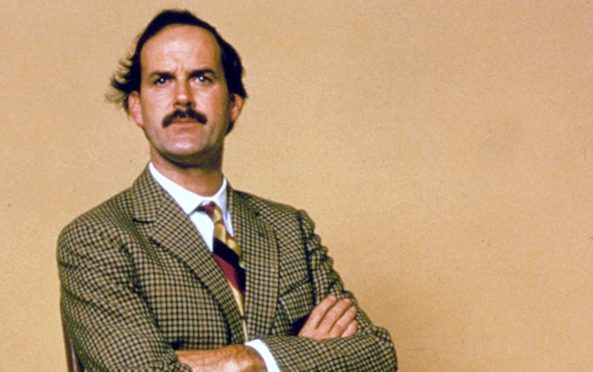
Holidaymakers can make savings when booking directly with their hotel rather than through an online travel agent.
It is cheaper for people to book a room directly rather than use an intermediary such as Booking.com or Expedia, a new investigation by consumer group Which? reveals.
Online booking sites are perceived to be the easiest way to get the best price on a hotel. Many compare the cost of rooms across different websites to allow the customer to find the best bargain. However, when Which? contacted 10 hotels directly to ask if they could offer a better deal than an online travel agency or on their own website – eight were able to offer a better price or other incentives such as free breakfasts or upgrades.
The report suggested some travellers are paying as much as 10% more for their rooms than they need to. One hotel approached offered a £20 discount – saving 12% of the cost of the same room booked online – as well as a free upgrade.
Deals offered from other hotels included discounts on food and spa treatments, free breakfast, and free parking.
The research found that it is usually more expensive to book a hotel room online than booking directly by phone or email.
Rory Boland, editor of Which? Travel, said: “Customers shouldn’t be duped into thinking they’re getting the best price from a hotel booking site when more often than not, they can get a better deal by avoiding its commission and booking directly with the hotel.
“Hotel booking sites might be a good place to start your search, but you should always call or email the hotel for the best chance of getting the cheapest deal – even in cases where they can’t offer a better price, there’s a good chance they’ll throw in a freebie or two.”

Enjoy the convenience of having The Sunday Post delivered as a digital ePaper straight to your smartphone, tablet or computer.
Subscribe for only £5.49 a month and enjoy all the benefits of the printed paper as a digital replica.
Subscribe